How Businesses Can Plan for Sunsetting TCJA Provisions
The Tax Cuts and Jobs Act (TCJA) of 2017 made several significant changes to the tax code that affect small businesses and business owners. It introduced the qualified business interest deduction, added a bonus depreciation deduction for qualifying property, and imposed a new limitation on business interest expense deductions under Internal Revenue Code (I.R.C.) section 163(j).[1]
With some provisions in the TCJA set to expire in 2025, some already phasing out, and no clear legislative plan for extending the tax law, business owners should evaluate their tax-planning strategies to prepare for the scheduled changes.
About the TCJA
The TCJA, signed into law by President Donald Trump, is the most extensive tax reform in a generation. It has lowered the tax burden on many small businesses.
However, many TCJA provisions were designed to be temporary and expire at specific times, from 2022 through 2025. Below is a breakdown of three expiring TCJA provisions and their possible impacts on small businesses if no new tax law is passed.
Qualified Business Interest Deduction
The TCJA introduced the qualified business interest (QBI) deduction, or the section 199A deduction, which allows taxpayers from pass-through tax entities such as sole proprietorships, partnerships, S corporations, and limited liability companies to deduct up to 20 percent of their taxable net income, subject to limits and income thresholds.
The QBI deduction ends at the end of 2025. However, the TCJA’s reduction in the corporate tax rate to 21 percent was permanent. As a result, business owners could consider changing their business tax structure from a pass-through entity to a C corporation. Before making such a change, business owners should understand the potential effects of double taxation on C corporations and any costs and complications associated with changing tax elections or entity types. It may also be possible to utilize carryovers and push income into QBI years to maximize the remaining provision.
Bonus Depreciation Deduction
The TCJA’s 100 percent first-year bonus depreciation deduction lets businesses deduct the entire cost of qualifying property in the year it is placed in service rather than depreciating it over several years. It has a scheduled phase-out from 2023 to 2026.
Generally, new tangible property with a recovery period of 20 years or less, such as appliances, computers, equipment, and machinery, qualifies for the deduction. Property must be placed in service after September 27, 2017, and before January 1, 2023, to qualify for the 100 percent bonus depreciation. The bonus depreciation dropped to 80 percent in 2023 and will continue to decrease: 60 percent in 2024, 40 percent in 2025, and 20 percent in 2026.
Businesses considering additions, expansions, or upgrades to their capital goods should investigate doing so sooner rather than later, as this valuable benefit winds down over the next couple of years and then expires.
Section 163(j) Business Interest Limitation
Businesses often rely on debt financing for growth. They are permitted to deduct interest paid or accrued on a valid debt in a tax year.
The TJCA amended I.R.C. section 163(j) to limit business interest expense deductions to 30 percent of a business’s adjusted taxable income (ATI). Before the TCJA, taxpayers could typically increase ATI by adding back tax depreciation, amortization, and depletion. However, the TCJA changed this beginning in the 2022 tax year and thereafter, resulting in a lower business interest deduction for some businesses. Any interest expense that exceeds the interest limitation is not deductible in the current tax year but can be carried forward to future years.
It is important to note that businesses with average annual gross receipts for a three-year period that do not exceed $27 million are generally exempt from the section 163(j) deductibility limit. There are other exceptions as well, including those for certain real property trades or businesses and farming businesses.[2] Although section 163(j) is not expiring, affected businesses should evaluate the impact of the 2022 changes and plan accordingly.
The Time to Implement Tax-Saving Strategies Is Now
The expiration of these TCJA provisions over the next few years is expected to increase the tax burden on businesses and create an economically bumpy period with rising interest rates and decreased lending to small businesses.
Although much could change before these TCJA provisions expire, proactive tax planning can better prepare business owners for the potential financial effects. By partnering with tax specialists, our business attorney can help you take advantage of the TCJA before it is scheduled to sunset and prepare you for a post-TCJA business environment.
To explore advantageous strategies before the sun goes down, please reach out and schedule an appointment.
[1] Pub. L. 115-97, 131 Stat. 2054 (2018).
[2] Benjamin Buckner, CPA, Sec. 163(j) business interest limitation: New rules for 2022, The Tax Adviser (Dec. 1, 2022), https://www.thetaxadviser.com/issues/2022/dec/sec-163j-business-interest-limitation-new-rules-2022.html.
